Metal roofs are fast becoming one of the most popular residential roofing choices. If all you know about metal roofing is what you've seen on barns and pole buildings, here is some information to help you evaluate metal roofing for yourself. While it may cost more up front than traditional roofing such as asphalt shingles, in the long run it is very cost effective.
- Metal roofs are expected to last at least for your lifetime; asphalt shingles need to be replaced every 10-20 years, depending on the type.
- Many homeowners' insurance companies offer policy discounts when you install a metal roof - they are noncombustible and highly resistant to impact damage from such various matter as hail or tree branches.
- Installing a metal roof will increase the value of your home; replacing your asphalt shingles with more asphalt is considered ordinary maintenance and generally will not add to its value.
- Metal roofs offer much more design flexibility than other roofing materials - you'll find profiles such as standing seam or those which replicate slate, wood shakes, shingles, and even tile.
- Metal roofs are highly energy efficient, reflecting most heat away from the roof's surface. Asphalt will absorb the heat. With a metal roof, your home will stay warmer in winter and cooler in summer, which means lower utility bills.
- Metal roofs have exceptional warranties - usually between 30-50 years, plus warranties from the installer.
- Metal roofs are noisy. This is a common misconception. The truth is that when properly installed, metal roofs often reduce noise levels (even from such things as hail and rain) even better than other roofing materials.
- Metal roofs are lightning magnets. There is no evidence to indicate that you'll increse your odds of your home being struck by lightning if you install a metal roof. But in the event that should happen, unlike asphalt shingles or wood shakes, metal is noncombustible and should conduct the electricity away from your home.
- Metal roofs are subject to rusting. Metal roofing materials are finished with a nonoxidizing coating such as zinc which will prevent rust. The coating is actually bonded to the metal during the manufacturing process, and then finished with a durable painted exterior.
Subscribe to Quarve Contracting's Blog


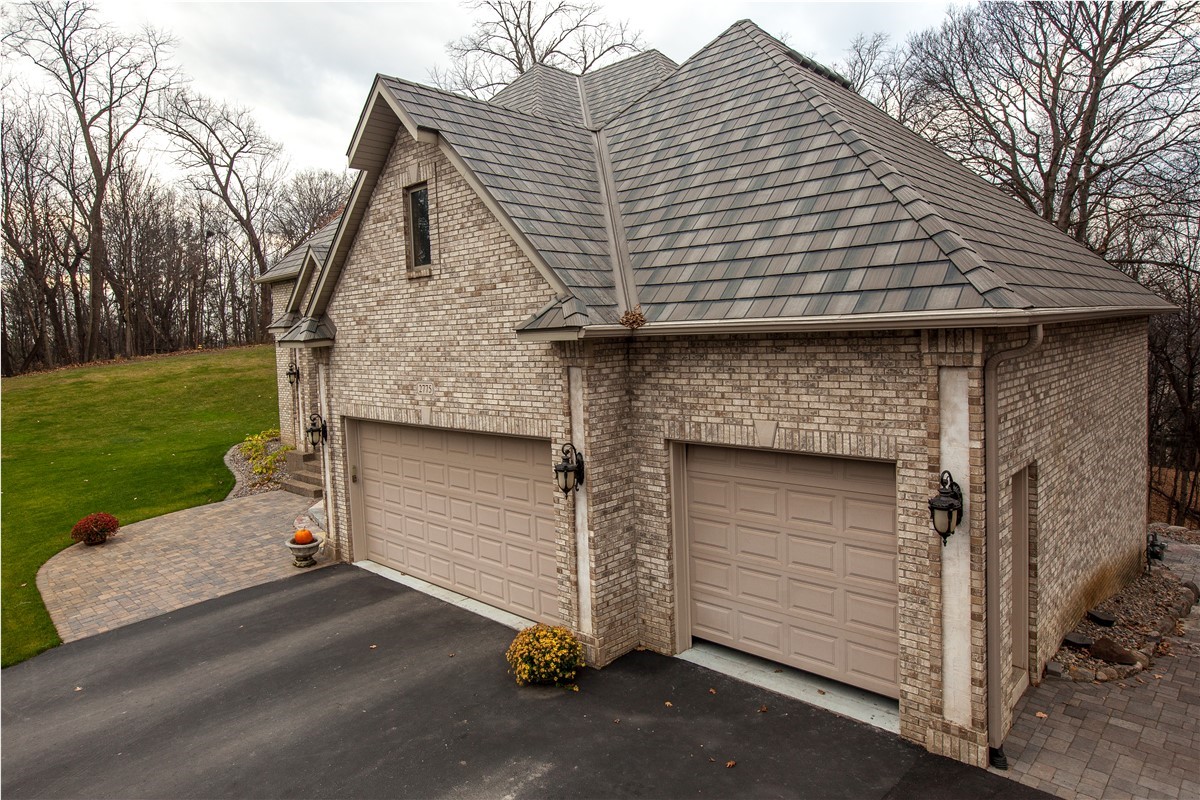
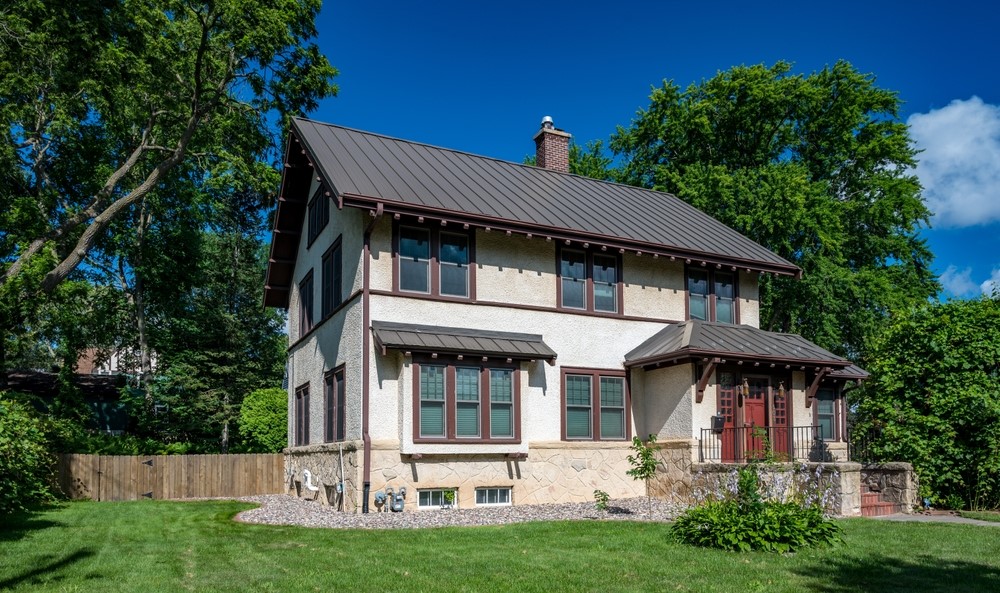
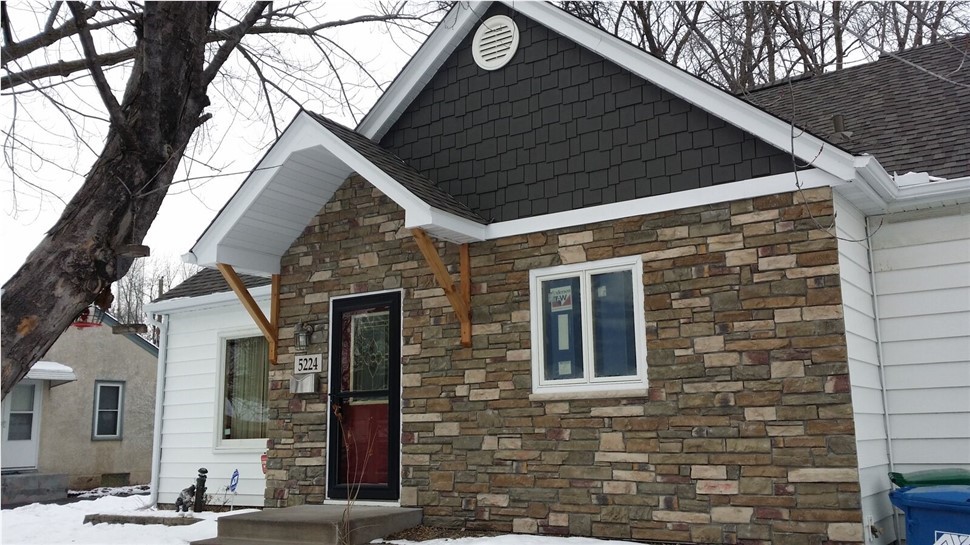
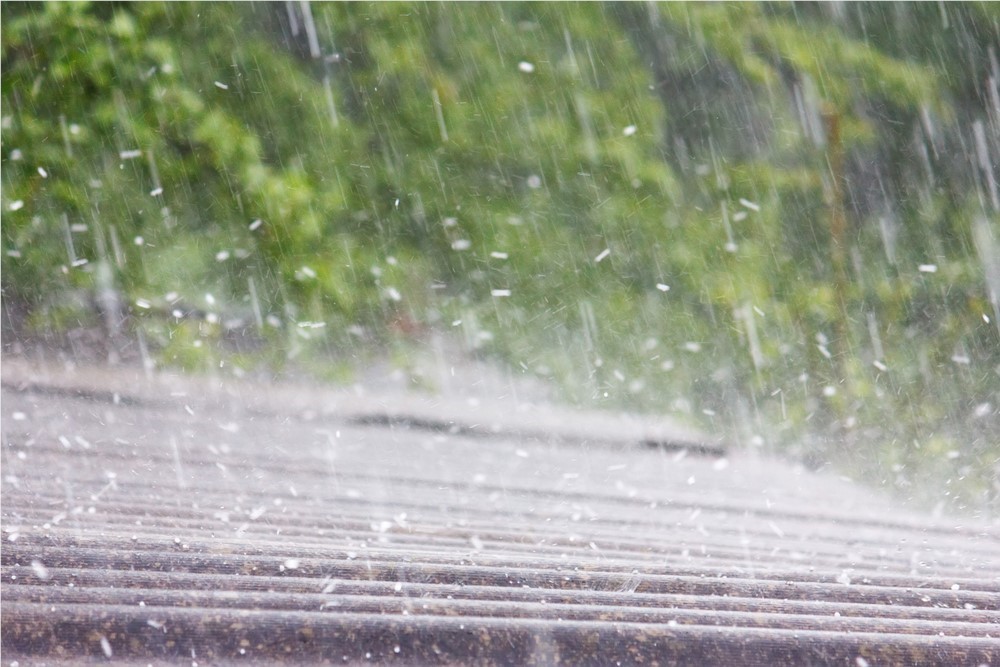
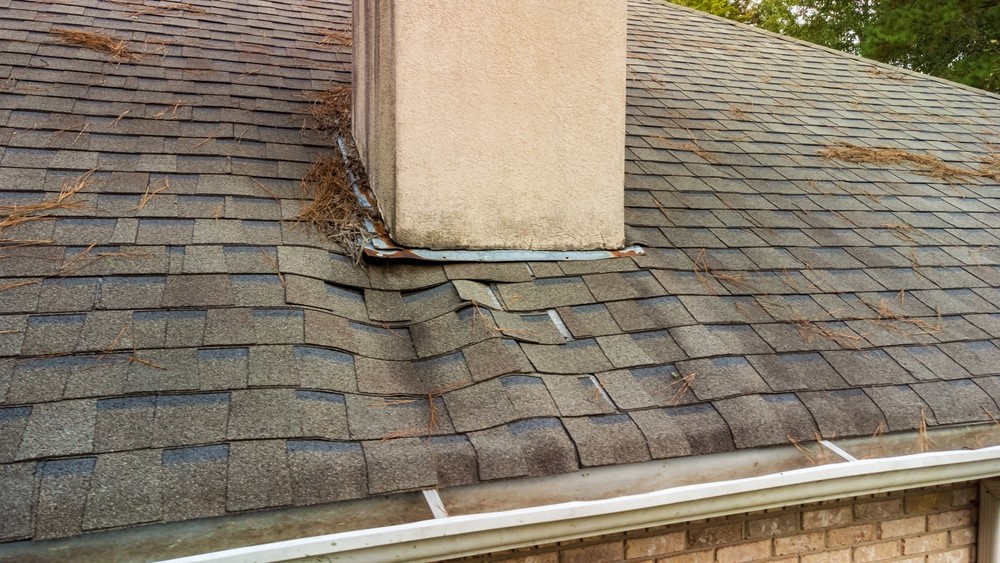
Comments